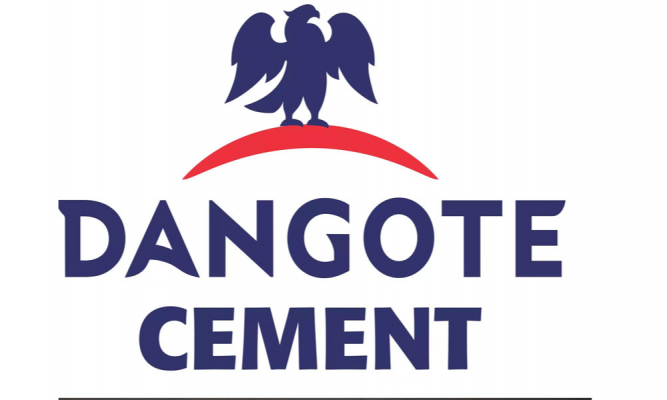President of the Dangote Group, Alhaji Aliko Dangote, has revealed that Dangote Cement Plc remits a substantial portion of its earnings to the Nigerian government in the form of taxes, with the company paying up to 52% of its revenue as tax-related obligations. According to Africa’s richest man, for every ₦1 generated by Dangote Cement, about 52 kobo goes directly to the government through various taxes and levies.
Speaking on the company’s financial commitments and its role in the national economy, Dangote stressed that this level of taxation reflects the company’s unwavering commitment to regulatory compliance and national development. He noted that such contributions are not only vital to sustaining government revenue but also underscore the cement giant’s role as a key economic driver in Nigeria.
Dangote further emphasized that while the business environment remains challenging, particularly due to fluctuating economic policies and inflationary pressures, the company continues to prioritize transparency, job creation, and value addition across its operations. He added that despite the heavy tax burden, Dangote Cement remains one of the few corporate entities consistently remitting significant sums to the federal and state coffers without fail.
The industrialist called for a more balanced tax regime that encourages industrial expansion, supports local manufacturing, and reduces the pressure on businesses operating within the formal economy. He also highlighted the need for improved infrastructure and policy incentives that can ease the cost of doing business and help manufacturers remain competitive both locally and internationally.
Dangote Cement is one of Africa’s largest producers of cement and a major contributor to Nigeria’s GDP, employing thousands across its plants and supporting hundreds of SMEs through its supply and distribution network. With this level of tax contribution, the company remains a critical stakeholder in the country’s fiscal framework.
Analysts have noted that such tax-to-revenue ratios place significant pressure on large corporations in Nigeria, prompting fresh conversations about taxation reforms, corporate responsibility, and sustainable development in the private sector.
